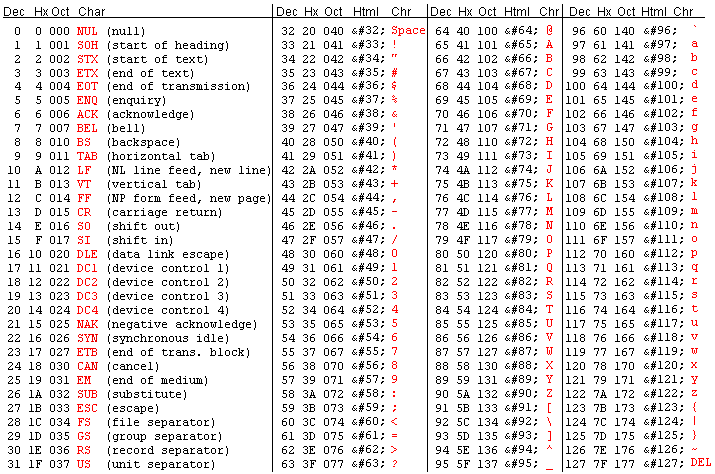esque obtienes la ruta del archivo con el commondialog y verificas si el archivo existe de forma "manual", si existe entonces lanza la alerta o si no no.
algo masomenos así.
Código (vb) [Seleccionar]
Public Function Is_File(Ruta As String) As Boolean
On Error GoTo error
' Verifica si el archivo tiene atributo de archivo o no
If GetAttr(Ruta) = 32 Then
Is_File = True
Else
Is_File = False
End If
Exit Function
error:
' Si es una ruta inválida entonces no es un archivo
Is_File = False
End Function
Public Function Es_String(Buffer) As Boolean
' Cuenta los carácteres eliminando espacios muertos y null bites
If Len(Trim(Buffer)) > 0 Then
Es_String = True
Else
Es_String = False
End If
End Function
Private Sub Command1_Click()
Dim Handle As Integer
CommonDialog1.FileName = ""
' Muestra el cuadro de dialogo
CommonDialog1.ShowOpen
' Verifica si fue cancelado o no
If Not Es_String(CommonDialog1.FileName) Then Exit Sub
' Verifica si es archivo
If Is_File(CommonDialog1.FileName) Then
' Verifica el archivo
If MsgBox("¿Desea sobreescribir el archivo?", vbQuestion + vbOKCancel) = vbOK Then
' Elimina el archivo para asegurarse que se creará nuevo
Call Kill(CommonDialog1.FileName)
Else
' Llama nuevamente al commondialog
Call Command1_Click
' Finaliza el Sub
Exit Sub
End If
End If
' Procede a guardar el archivo
' Crea el handle
Handle = FreeFile
' Abre el archivo
Open CommonDialog1.FileName For Output As #Handle
' Escribe el contenido de text1 en el archivo
Print #Handle, Text1.Text
' Cierra el handle
Close #Handle
End Sub
algo masomenos así.

 si lees los mensajes que desaparecieron con magia (como va a desaparecer este) veas qe es solo la mascota de SMF...
si lees los mensajes que desaparecieron con magia (como va a desaparecer este) veas qe es solo la mascota de SMF...
